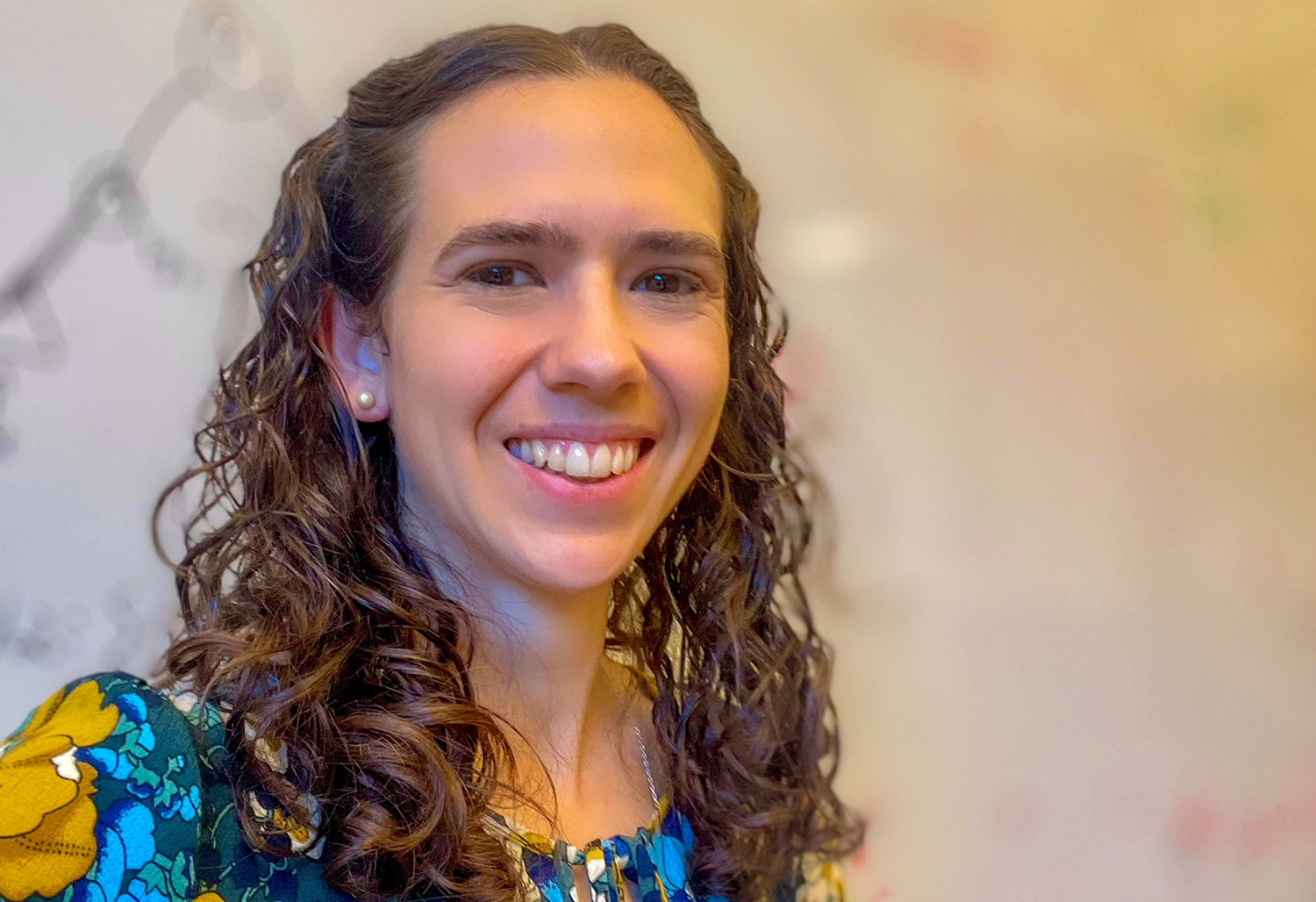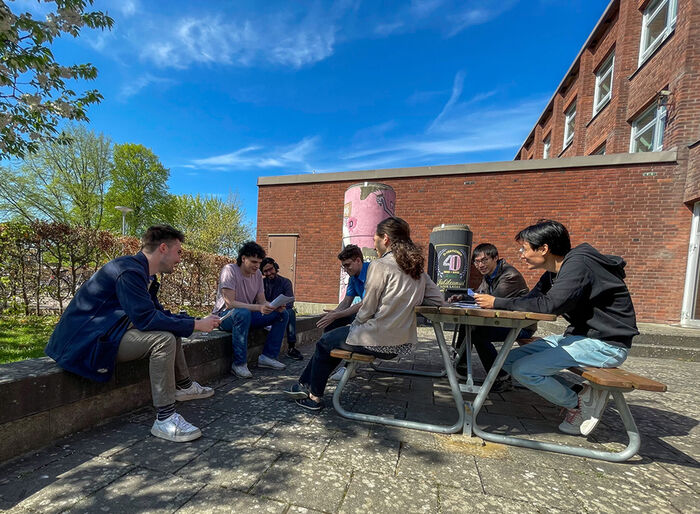Meet Susanna Rezende within the ELLIIT environment
Recently appointed as a Wallenberg Academy Fellow 2023, Susanna Rezende is organizing a research school on complexity theory and starting new collaborations across her field. We spoke with her about her research and ambitions, as she aims to foster more interdisciplinary collaborations within the ELLIIT environment.
– Publicerad den 31 October 2024

Susanna Rezende, Assistant Professor at the Department of Computer Science, LTH, Lund University, has been part of the ELLIIT Recruited Faculty since December 2021. Among her various initiatives, she is collaborating with Elina Rönnberg from Linköping University on an ELLIIT research project focused on discrete optimization for automatic decision-making in large-scale complex systems. A project that aims to integrate techniques from both mathematical programming and computer science.
What research area are you particularly interested in?
I am interested in understanding why computers can efficiently solve many mathematical problems that we care about and yet struggle miserably with others that seem quite similar. For instance, while a computer can easily multiply two large prime numbers, the reverse operation – factoring their product back into the original primes – remains computationally infeasible. We don’t yet know why this is the case, but much of modern e-commerce security relies on the unproven assumption that no supercomputer is able to factor such products within any reasonable time frame.
Where did you find your interest in this specific research area?
Serendipity certainly played a role in shaping my path. I’ve always been curious about how things work and why they work that way, and from an early age I’ve been fascinated by mathematical puzzles. Understanding how computers work and what makes certain problems hard to solve involves exactly the kind of mathematics I enjoy. However, what first drew me to this research field wasn’t the topic itself, but the people. I visited several research groups in theoretical computer science, but I was particularly drawn to the group at KTH – the people and their dynamic stood out to me. I was definitely interested in the research, but it was secondary in my decision to join. I am glad I made that choice: the research area is truly captivating, and I have had so many great colleagues in Sweden and abroad. Now I am trying to create a vibrant and collaborative group that attracts people the same way I was inspired to join.
In your own words, how would you summarize your work within your research area?
In our mathematical and computer science education, we focus heavily on learning methods to solve various problems. However, these methods don’t always succeed—there are many problems we don’t know how to solve using any of these techniques, even with the power of a supercomputer. This raises the question: why do our methods fail in these cases? Often, the best explanation we can give is: ‘Because if they succeeded, we’d be able to solve many other problems that no one has been able to solve for decades, and that seems improbable.’ While this suggests our methods are likely inadequate, it doesn’t explain why they fail. What exactly makes the problems intractable for them? In my research, I aim to uncover the reasons some problems are hard to solve and prove that certain methods are inherently limited. On the positive side, understanding these limits allows us to design secure communication systems, where proving a problem’s hardness can serve as a guarantee of security.

You were recently appointed as a Wallenberg Academy Fellow 2023. What impact will this have on your research?
This is an incredible opportunity to build a strong group in theoretical computer science at Lund University, specifically in the field of computational complexity. In recent years, a stroke of luck has brought together several accomplished researchers in complexity theory in Copenhagen, who are now in the process of reestablishing their groups. This fellowship comes at a pivotal time, allowing our team to integrate seamlessly into and contribute to this emerging research environment.
I have already started building my research team at Lund University, and I hope to continue attracting talented students and postdocs to LU. While our research does not require any sophisticated equipment, the ability to exchange ideas and collaborate with fellow researchers is essential. Students are naturally drawn to vibrant, collaborative research groups, and I hope that our team will inspire other researchers in theoretical computer science to build their groups at Lund University as well.
Beyond funding my research, this fellowship offers valuable networking opportunities with Wallenberg Academy Fellows and other amazing researchers across Sweden, along with inspiring talks and discussions at annual events, and mentorship programs run by the Royal Swedish Academy of Sciences.
Is there anything else you’re currently working on that you’d like to highlight?
I’m collaborating with colleagues in France to organize a research school on complexity theory. This one-week event aims to bring together a wide range of perspectives on computational complexity, as much as the time frame allows. It is designed for both Ph.D. students as well as established researchers who want to explore neighboring areas.
Another project I’m excited about is a new collaboration with researchers in cryptography and security. Our goal is to apply tools from complexity theory to develop systems that are not only provably secure but also more resource-efficient.
What are your ambitions with ELLIIT in the future?
I aim to foster more collaborations within Lund University and with Linköping University, leveraging the opportunities ELLIIT offers for interdisciplinary research. Looking ahead, I hope to participate in more ELLIIT projects and to contribute to its networking initiatives, such as by helping to organize a focus period.
And finally, what do you enjoy doing in your free time outside of academia?
I enjoy meeting up with friends and just having a good time together, be it on a hike, watching a film, cooking together, or simply chatting. I also love to play volleyball, and I found an amazing group of people who play together every week, just to have fun.
The article was originally published on the ELLIIT website:
Meet the Recruited Faculty – Susanna Rezende | ELLIIT
Susanna Rezende
Read about Susanna Rezende in Lund University Research Portal:
